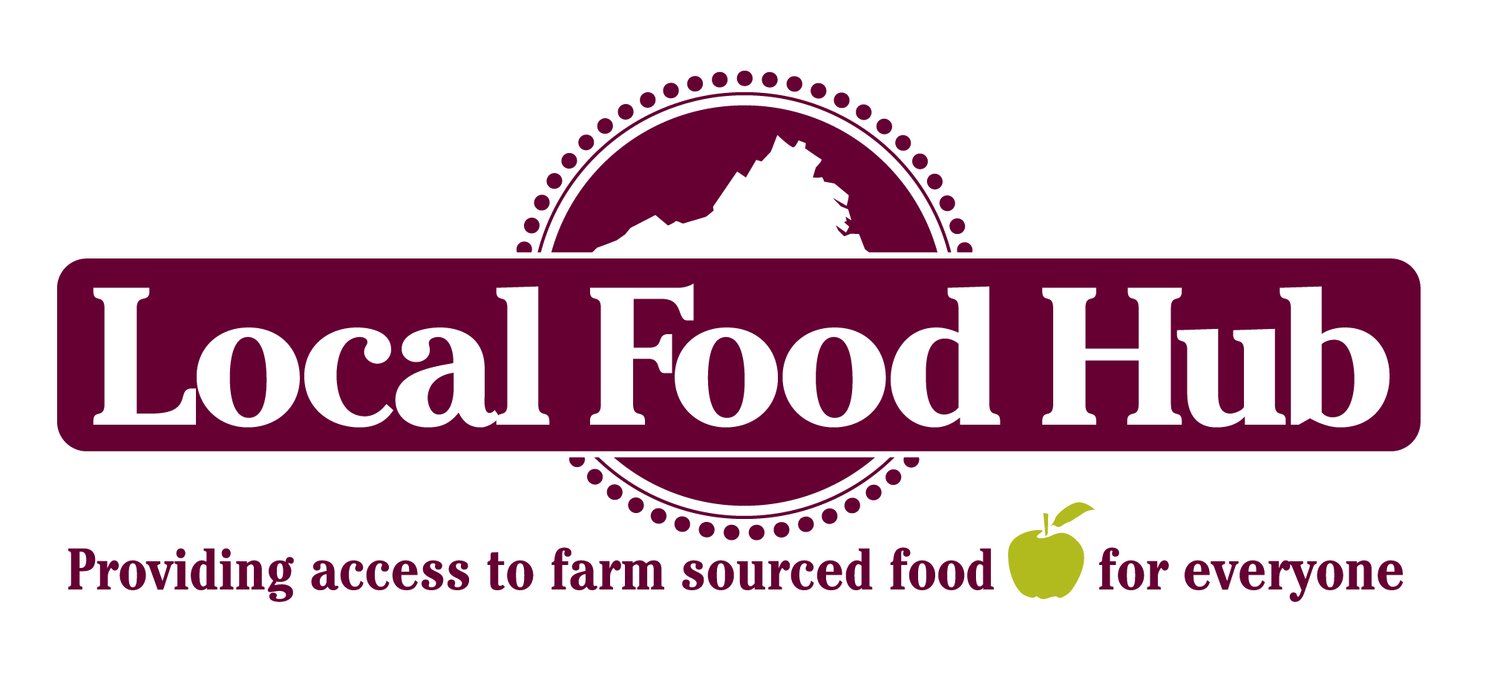A look at family farms and inclement weather
These past months have put inclement weather at the forefront of everyone’s minds: with Hurricane Florence, people throughout the Eastern United States, even those outside of the worst-hit areas, were regularly checking their forecast, making plans for flooding, power outages, and heavy rain, and were thinking seriously about the impact that weather would have on their lives, both short and long term. Since then, we've had regular rain, which has everyone wondering when things will dry up.Florence was a heartbreaking and extreme outlier, with ramifications far beyond the norm. However, severe inclement weather of any kind provides a valuable insight into the lives of those whose livelihood is weather-dependent.For the average office worker, waitress, or salesman, a week of rain is an inconvenience but not much more: it may result in a cancelled soccer game, make it impossible to get anywhere without getting soggy, or put a damper on your weekend plans. For farmers, however, a week of rain can mean significant damage to crops, and accordingly, a smaller profit margin. And, as any gardener knows, waterlogged soil, excessive heat, or a late-season frost can have ramifications on yield for weeks or months down the line. It may impact plants already in the ground, or prevent new planting, throwing the season production schedule off. As Product Manager, Anne says, "there really hasn't been a crop that hasn't been impacted by the rain this year... depending on the crop, this could be because of lack of sunlight, flooding in fields, waterlogged crops rotting, and more" Even our partner producers who grow in high tunnels to protect from rain have been impacted: crop production has been stunted by lack of sunlight, and one partner farm even had a high tunnel flood this year, a first for him." According to Anne, "At this point, these precautions growers have invested in to help ensure production even when nature isn't cooperating can prove defenseless."Poor weather also negatively impacts Farmer’s Market attendance. For small farms, which typically operate at low margins, reduced purchasing can be a real blow.As research indicates that weather will continue to get more severe, we encourage you to keep small farms at the forefront of your mind. Continue to support them in any way you can: through purchasing their products in stores, braving a rainy trip to the City Market, or educating others about the importance of supporting our farming friends through rain, snow, and heat.
